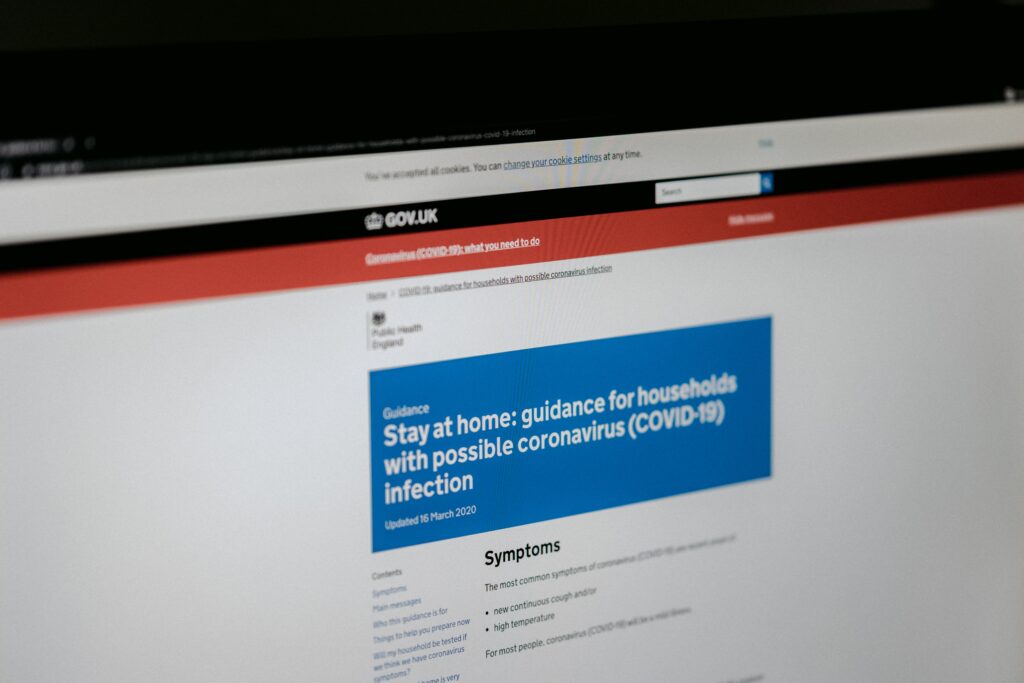Hesitancy blamed for one-quarter of aged care residents not receiving a COVID-19 booster dose

Introduction of COVID-19 booster Rates
COVID-19 booster rates are low among elderly care residents, according to Health Minister Greg Hunt, with just approximately one-quarter of those eligible receiving a booster dose.
Despite being provided the opportunity, Mr. Hunt claims that some residents or their families are “making their own choice” not to be boosted.
According to the most recent data, only 125,000 of the 170,000 elderly care residents. Those who were eligible for a booster dose had gotten it, leaving 45,000 (or 26%) unprotected.
As Omicron sweeps through the sector, another 20,000 people have not taken a first or second dose. Also, putting them at risk of serious disease or death from COVID-19.
During a press conference on Thursday. Also, the health minister fielded concerns about the program’s implementation. The pleading with people and families to consent to the booster shot.
He told reporters, “We are asking families and residents to take up the booster and do this for themselves and to help protect others.”
“We will continue to present the opportunity [and] information and make it plain that, while Omicron is less harmful individually in terms of the likelihood of an adverse outcome, it can still kill you.”
The federal government has stated that they have visited 99 percent of elderly care institutions to deliver booster doses and plan to return to these places to administer further doses.
Mr. Hunt had previously defended the provision of a booster dose to residents in long-term care facilities.
“What we’re seeing is that some families or people have made. Also, the decision not to accept it,” he told ABC radio.
Professor Paul Kelly, the Chief Medical Officer, said there were reasons why some older people may not want protection against serious illness. Still, he urged them to rethink getting a booster dose.
“In the following weeks, the vaccine rollout will return to each of those aged care [facilities] to talk through that again and to present, once again, a chance for immunisation,” he told reporters.

‘There will be more deaths’
Professor Kelly has warned that more deaths in aged care will be in the coming weeks, prompting this response.
“In Australia, there will be more deaths,” he said.
“Over the next few weeks, I predict deaths in aged care and the community, particularly among the elderly.”
So far this year, at least 471 persons have died in elderly care. Also, which is higher than the total number of deaths in 2021, which was 282.
During a Senate hearing on Wednesday, health department officials were asked. Also,how many aged care deaths had had a booster shot, but they could not offer this information.
“We’ll be forming a task force within the department to look into it and do everything. Also, we can to learn more about the difficulties, particularly in aged care, but also in the community,” he added.
According to the committee, 89 percent of elderly care residents have received two vaccine doses so far, while booster rates are only 66 percent.
Opposition leader Anthony Albanese criticized the reaction as a “non-announcement” that. Also they did not represent “real action” by the administration to address the sector’s concerns.
He told reporters, “That is the data that is out there. What are they doing about the present situation that is there?”
Mr. Albanese also demanded the resignation of Aged Care Services Minister Richard Colbeck. Who told a Senate committee on Wednesday that the industry was not in “total disaster.”
“We regret every single life that has been lost, whether in aged care or elsewhere,” he said.
According to Professor Kelly, medical experts believe the current Omicron wave has reached its apex, reducing pressure on hospital systems.
He has, however, cautioned the Australian people that additional COVID-19 waves are unavoidable. “It won’t be the last Omicron wave, and it won’t be the last COVID wave,” he stated. “I think we’ll get another wave of Omicron in the winter.”